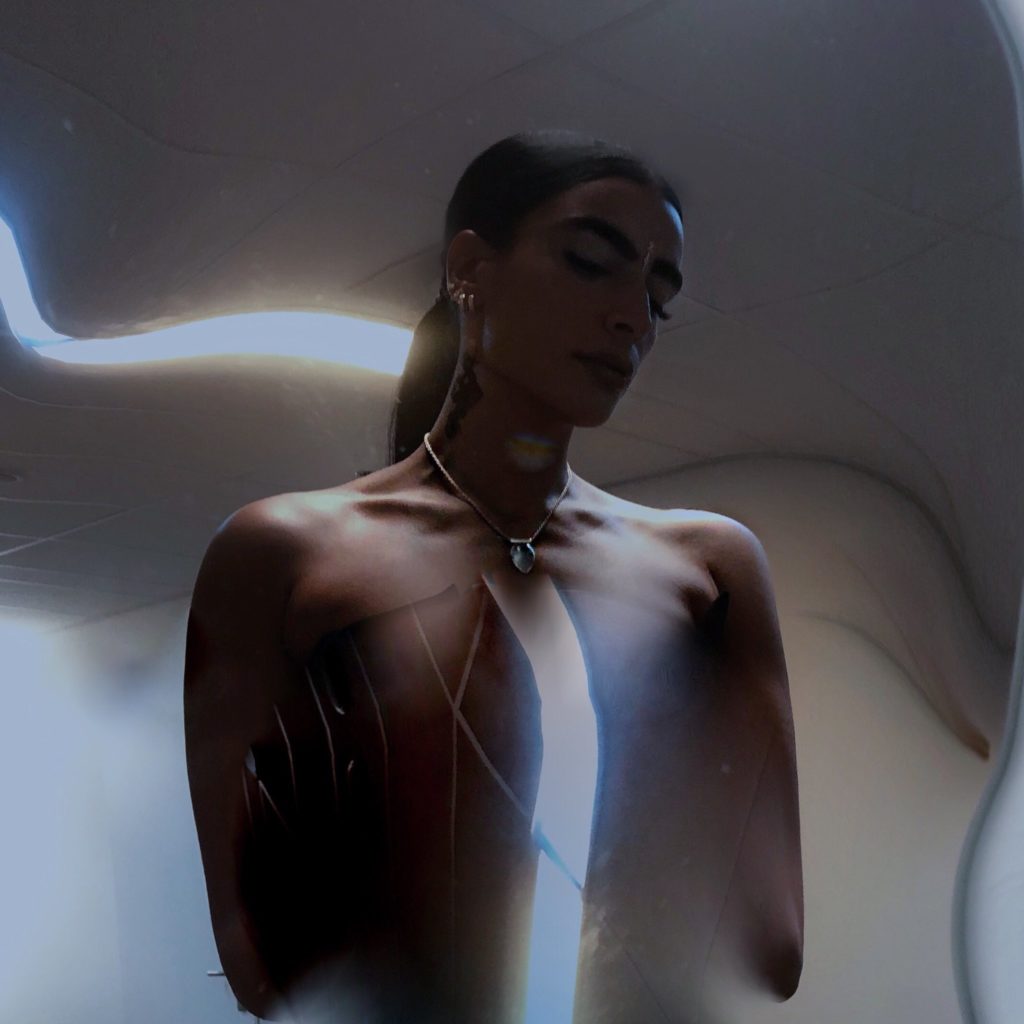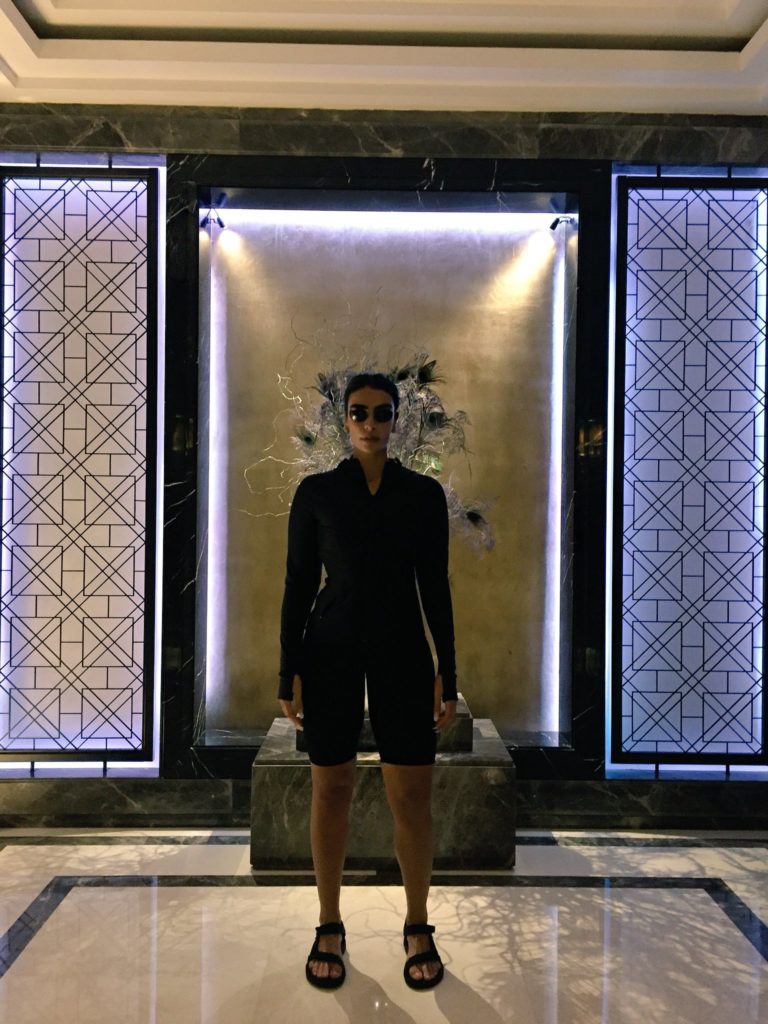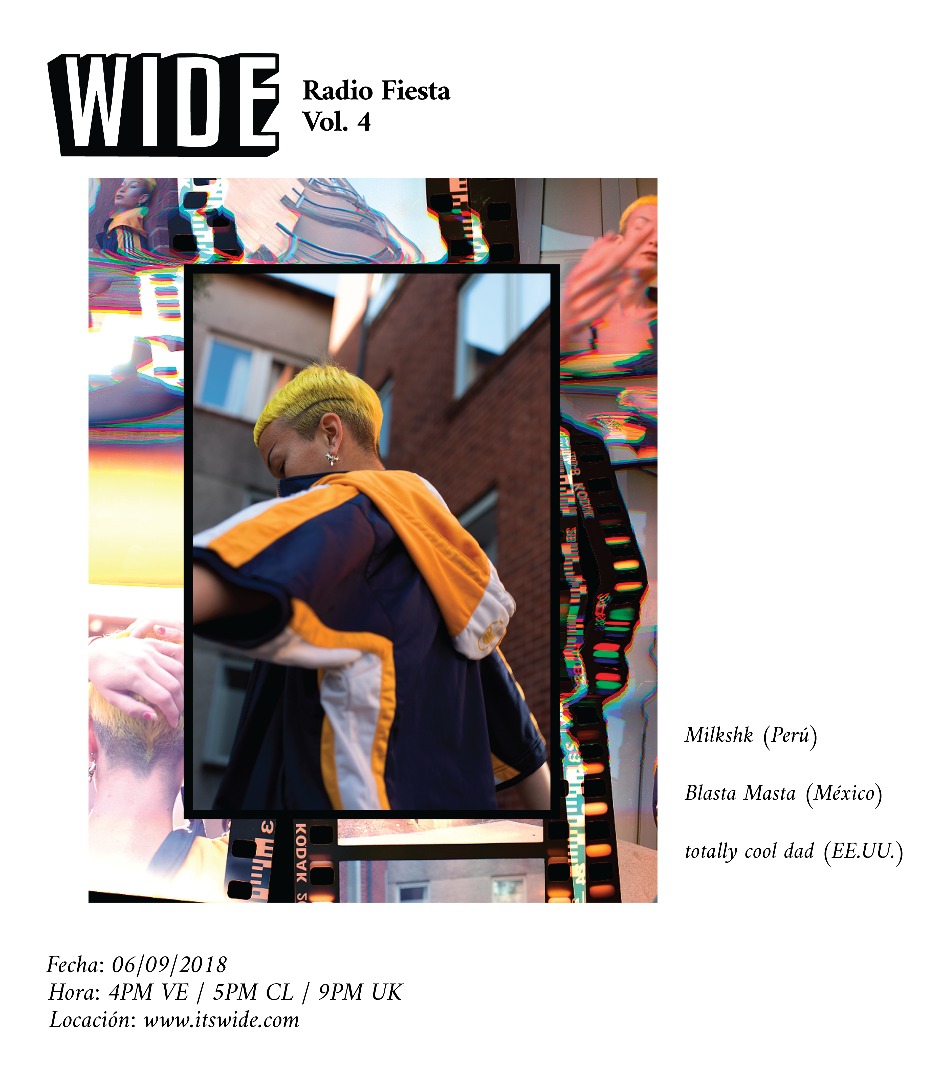New Discovery: Sevdaliza

Sevda Alizadeh (Sevdaliza) has a lot going on in the “complex character” ballpark. Brought to the Netherlands when she was just 5 years old, riding a wave of Iran’s long-running exodus, her life seems to preserve (or maybe embody) some of that outward-going momentum. When she turned 16, she left home in search of independance by enrolling on a basketball scholarship, going as far as to play for the country’s national team. After settling in, once again she opts for a change of territory, going for a major in communications. Still, she was struck by the realization that she hadn’t found her place just yet: a place where she could express herself as an individual, in any way she’d desire. So began her experiments in the realms of electronic music.
Dutch, English and Farsi – so Sevdaliza knows five ways to think herself as a subject. This plurality within her, added to her itinerance, makes her empathize and stand in solidarity with the uprooted and the dissident: on the first months of 2017 she took a political stance in Bebin, singing in her mother tongue as a protest against the Executive Order 13769. The rest of her discography dwelves in subjects such as the end of love, the uncommunicable, femininity, its performances and the disillusionment that tends to go along with the latter.

Joining efforts with her friend Mucky, Rotterdam’s talented producer, she’s tailored a lush, tight-fitting accompanyment for her voice, atmospheres that wander among soul music, trip-hop and industrial R&B. It’s there, within sound, where the juice of Alizadeh’s work seems to be, especially when we look at the progression from her first EPs – The Suspended Kid and Children of Silk – to her debut album, ISON. The former, more upbeat and energetic, emphazise rhythm and present an almost saturated sonic space, using samples, live instrumentation and multitracked vocals often foun in the Bristol sound.
Three years later, we can notice that she put a considerable amount of effort at confecting a much more personal sound, much more dramatic and minimalistic. The lyrics, packed with questions about feminity, brought forth some (rather questionable) comparisons with FKA Twigs. So, let’s make even more comparisons! On the album, we can find a musical palette between soul and post dubstep, with many organ and keyboard sounds dipped in vibrato – much like James Blake’s first works – which are held in balance by a percussion still very reminiscent of Portishead but spread through the bars, getting more room to breathe.
With a predominance of form over content, her first contribuitions constitute a striking and ambitious take on downtempo and experimental pop music. We’ll surely be keeping our eye on Sevdaliza.




